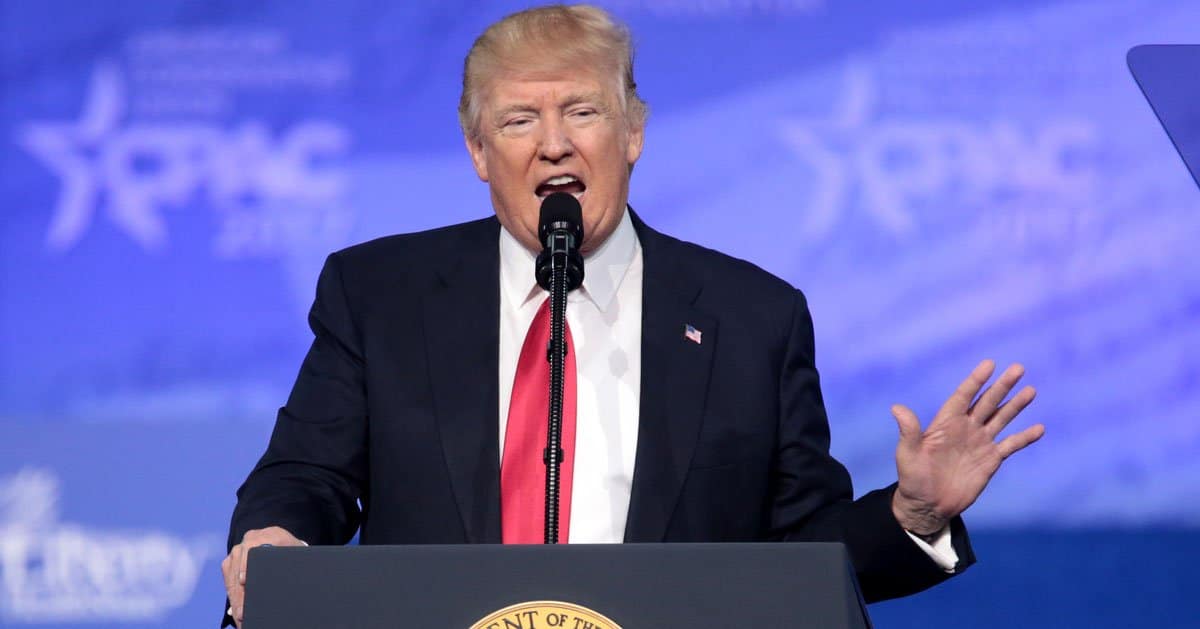








In a sweeping promise set to alter American-Israeli relations, President-elect Donald Trump has vowed to lift all U.S. restrictions on military equipment and ammunition supplies to Israel as soon as he takes office.
Fox News reported that this decision comes at a crucial juncture, with Israel exploring a potential 60-day cease-fire with Hezbollah to provide a diplomatic and strategic pause until these policy changes are enacted.
The lifting of these restrictions is poised to enhance Israel's defense capabilities, aligning with its intentions of maintaining operational readiness and flexibility in the face of regional threats.
According to a report by Israeli Channel 12 News, Trump's promise aims to immediately address the constraints imposed by existing U.S. restrictions, including an embargo on particular weapons shipments crucial for Israel's defense, especially in light of ongoing conflicts in Lebanon and Gaza.
Israel's tactical consideration of a 60-day cease-fire with Hezbollah is perceived as a move to keep the front calm until Trump's inauguration. This cease-fire is seen as offering a window of opportunity for Israel to adjust its military strategies once the anticipated policy shifts are implemented.
The existing U.S. restrictions have proved to be a significant impediment to Israel's efforts to fully stock its military arsenal, a point underscored by Brigadier General Daniel Hagari, a spokesperson for the Israel Defense Forces (IDF).
Israel's defense activities in Lebanon have involved targeting terrorist infrastructure and conducting airstrikes in both Southern Lebanon and parts of Syria, emphasizing the necessity for operational autonomy.
Channel 12's chief political analyst, Amit Segal, indicates that the Trump administration's pledge could radically shift Israel's operational dynamics, providing "operational freedom" essential for either pursuing diplomatic solutions or, if necessary, undertaking more decisive military actions with bolstered U.S. support.
The potential cease-fire with Hezbollah, according to Segal, signifies possible completion of Israel's northern military objectives.
However, it's important to note that similar progress has not been achieved on Israel’s southern front, as tension with Gaza remains a significant concern.
Unnamed officials from Israeli sources have confirmed this promise from Trump to Fox News Digital. Channel 12 emphasizes Trump's commitment as a pivotal moment for Israeli defense policy, providing room for Israel to act assertively with anticipated backing.
In Lebanon, diplomatic efforts are in motion as the U.S. ambassador has extended a truce proposal to the Lebanese parliamentary leadership aimed at halting fighting between Hezbollah and Israeli forces.
These political maneuvers are part of broader efforts to stabilize the region, offering an alternative to military confrontations.
Fox News Digital has attempted to solicit a response from Trump's transition team regarding the Channel 12 report, but no feedback has been received at the time of writing. This silence leaves the specifics of the U.S. policy transition under the Trump administration subject to continued speculation.
Meanwhile, the IDF has increased its military pressure in the region. Operations have included airstrikes in key locations like Syria and areas within the Dahiya district of Beirut, maintaining pressure against terrorist entities.
Brigadier General Hagari reiterated the IDF's commitment to clearing terrorist threats from Southern Lebanon, affirming that these efforts are critical for allowing diplomatic advancements and ensuring threats against Israel are neutralized.
The implications of Trump's pledge are significant for both U.S. foreign policy and Israeli security strategy, potentially redefining military collaborations between the two nations. As Israel and its American ally prepare for these anticipated changes, regional players continue to closely watch for the impacts of these evolving policies on Middle East dynamics.



